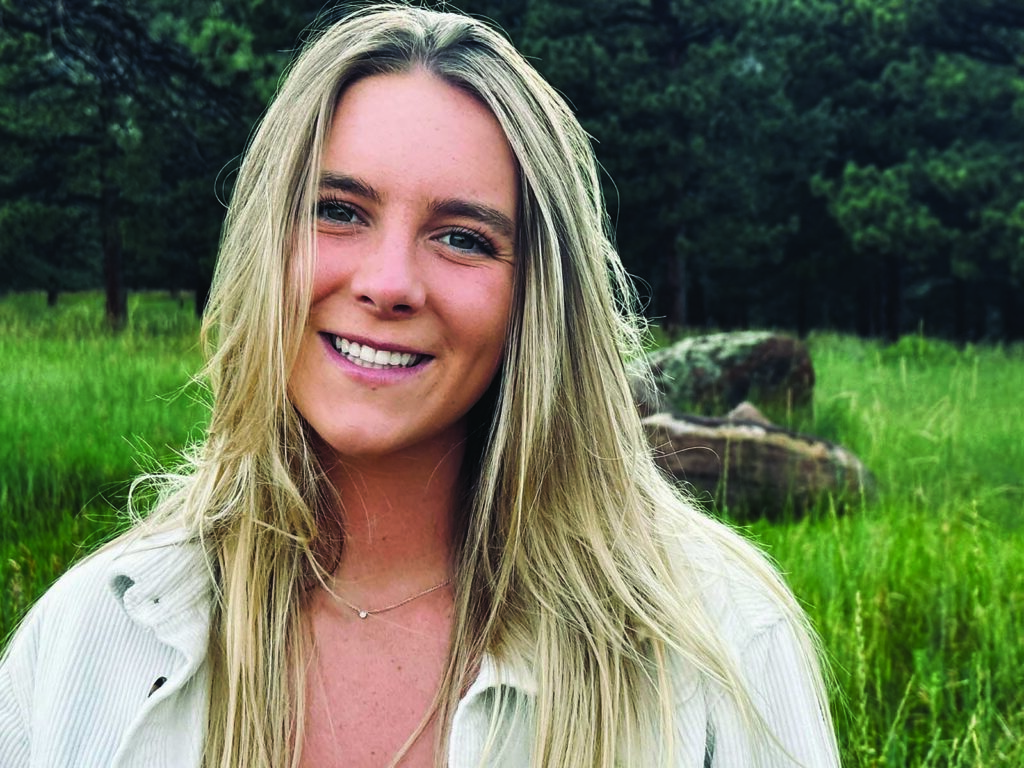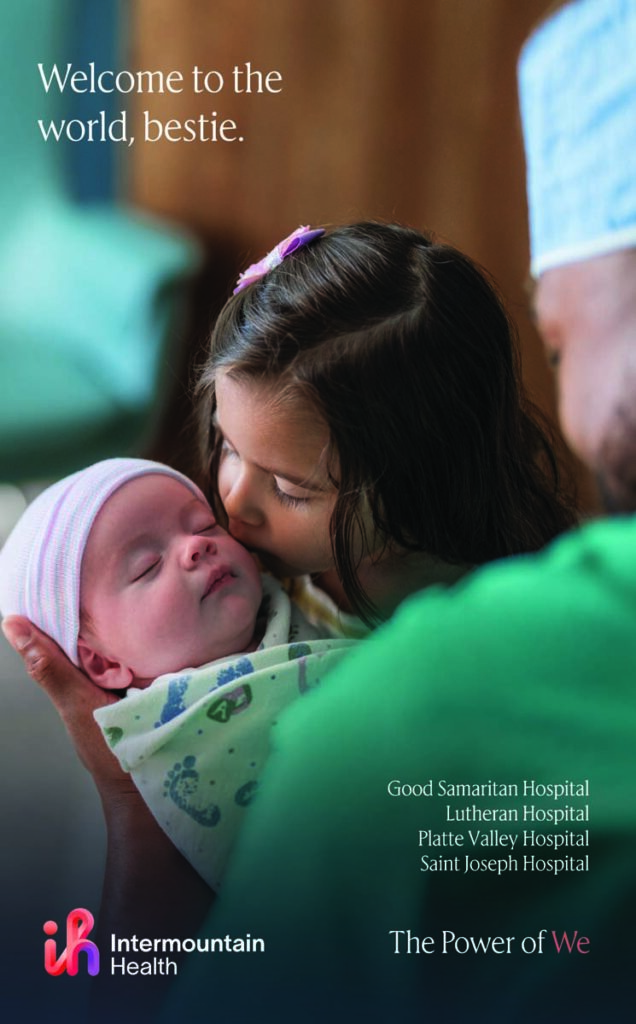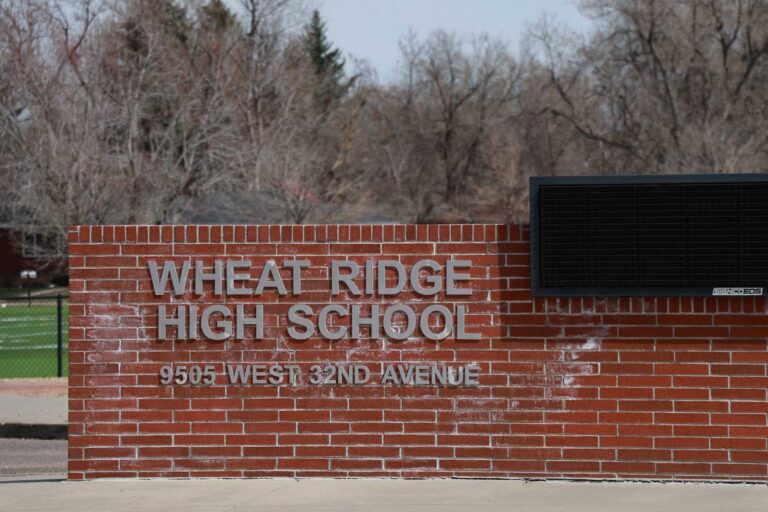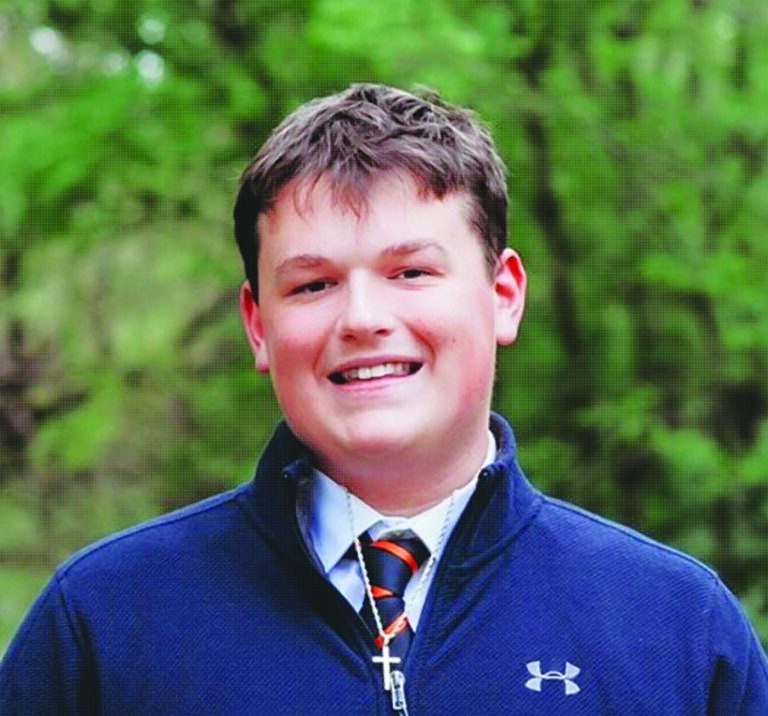Each phase of my education has provided several building blocks to the foundation of the person that I am today. As a college student, I often reflect and refer to these building blocks to better assess academic and personal matters. While I learned many useful lessons that I will continue to carry with me, I also critiqued the education system by acknowledging areas that left me feeling unprepared for future obstacles.
One of the most notable experiences in my elementary school years was a garden that our grade planted right beside the playground. The first time that I was a part of something tangible, that would last. I took so much pride in this little garden despite the fact that I probably only planted a few seeds. I have several memories of walking past it feeling accomplished, knowing that I was a part of it, and it would continue to be there. As insignificant as this little garden seems to me now, it instilled in me a sense of confidence and stewardship within my school’s community, which has carried on to other aspects of my life. Most importantly, the little garden became a symbol in showing the significance of nurturing and watching something grow while creating something meaningful.
A common statement throughout middle and high school was, “Why do I need to do these math problems? I won’t have to do this after I graduate.” A valid point, yes. Many of us do not need to know how to do complex math problems, however, learning how to problem solve and find solutions was the underlying lesson. I have always thought about school as a place where you learn how to learn. My biggest takeaway from my K-12 years was that being smart does not mean knowing the answer right away, being smart is the ability to work through a problem using critical thinking skills. Having this understanding has allowed me to learn how to become a lifelong learner and apply problem-solving and critical thinking to everyday life.
A fact of life is that adulthood requires responsibilities such as taxes, car payments, loans and credit cards. I find that many students my age are ill-equipped to navigate the financial world, which could be resolved by introducing these topics at an early age. Implementing these concepts in high school will give students the tools they need in order to establish a solid understanding so that they’re better prepared to make informed financial decisions post-graduation.
I am very thankful for the education I have received as it has prepared me to take on life and higher education. I will continue to treasure the valuable lessons I have learned while also stressing the areas in which the education system needs to work in preparing students for young adulthood. By acknowledging this, we can empower students to navigate the logistics of the real world inside and outside the classroom.
Maddie Haydon is a 2020 graduate of Wheat Ridge High School, and is now studying business at Mississippi State.






